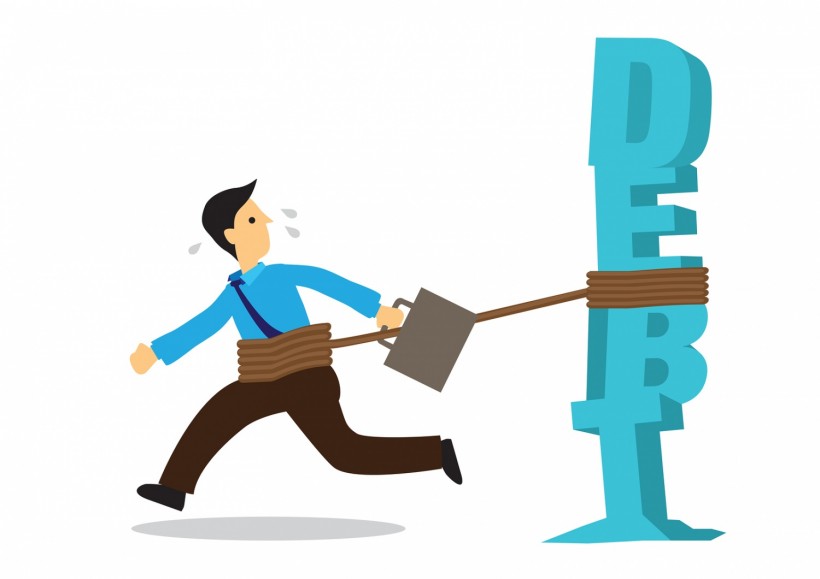Why Loans Are Good For A Difficult Economy

The ongoing coronavirus pandemic has been destroying human lives and economic growth everywhere it goes. Whether it's sick patients or bankrupted businesses, you don't have to travel far around the globe to find a location negatively impacted by this ongoing public health crisis. Central banks around the world are now pumping huge sums of money into the economy and facilitating more lending than usual in a desperate effort to stave off even worse damage. Many people remain confused and uncertain about why the government passes such huge stimulus measures during times of crisis.
Why are loans good for a difficult economy, anyway, and why do central banks and legislators strive to pump billions into the market during times of trouble? Here's a review of why the coronavirus is pumping so much
In tough times, people stop spending
During times of economic crisis, consumers and companies alike cut back on their spending. This is largely because consumers are being laid off in large numbers, and thus don't have paychecks to depend upon anymore, whereas businesses are selling fewer products and thus have reduced profits to fall back upon. When people spend less money, few people anywhere else are earning a profit, and so those people begin to spend even less money themselves - we've thus entered into a self-repeating cycle of economic destruction that must be broken.
Governments, usually in the form of central banks, issue massive loans and stimulus packages into the economy in order to break this cycle. By pumping huge sums of money into the marketplace, they're giving consumers and businesses the cash they need to keep spending, which in turn props up other economic ventures and keeps the economy and its cash flowing smoothly. We can't keep this up forever, as it will eventually devalue our money, but during times of crisis it's an ideal short-term measure to ensure the economy keeps moving forward.
Public and private loans alike are needed in times like this. When consumers head to https://www.cartitleloanlenders.com, they need to be able to get loans. When investors want to keep pumping millions into long-term investments to ensure tomorrow's prosperity, they must be able to get loans, sometimes from the government. It's thus clear to see that loaning and spending are essential tools in combating economic crises. So, what loans are currently being discussed?
A $2 trillion package
The United States Senate has just announced that it intends to vote on a $2 trillion dollar stimulus package sooner rather than later. This stimulus package will include hundreds of billions of dollars for various industries to ensure major companies don't go out of business and fire their workers, which would exacerbate the crisis. It also includes direct cash payments to American citizens depending upon their tax burden. Stimulus packages and lending measures, especially when the government lends to big companies, are often controversial simply because they involve so much money changing hands so quickly.
The 2008 financial crisis demanded that the United States government suddenly bail out numerous industries that unexpectedly collapsed, for instance. While the bailout of the automotive industry was controversial at the time, it ultimately ended up producing money for the United States government. According to a report from the New York Times, the American government pumped approximately $426 billion into banks and automotive companies but was ultimately paid back about $441 billion thanks to interest rates attached to those loans.
The current stimulus package being taken up by the United States Senate could see minor changes implemented before it's passed, but it will likely remain mostly the same. All in all, our difficult economy is about to get some serious help from some massive loans.
Subscribe to Latin Post!
Sign up for our free newsletter for the Latest coverage!










